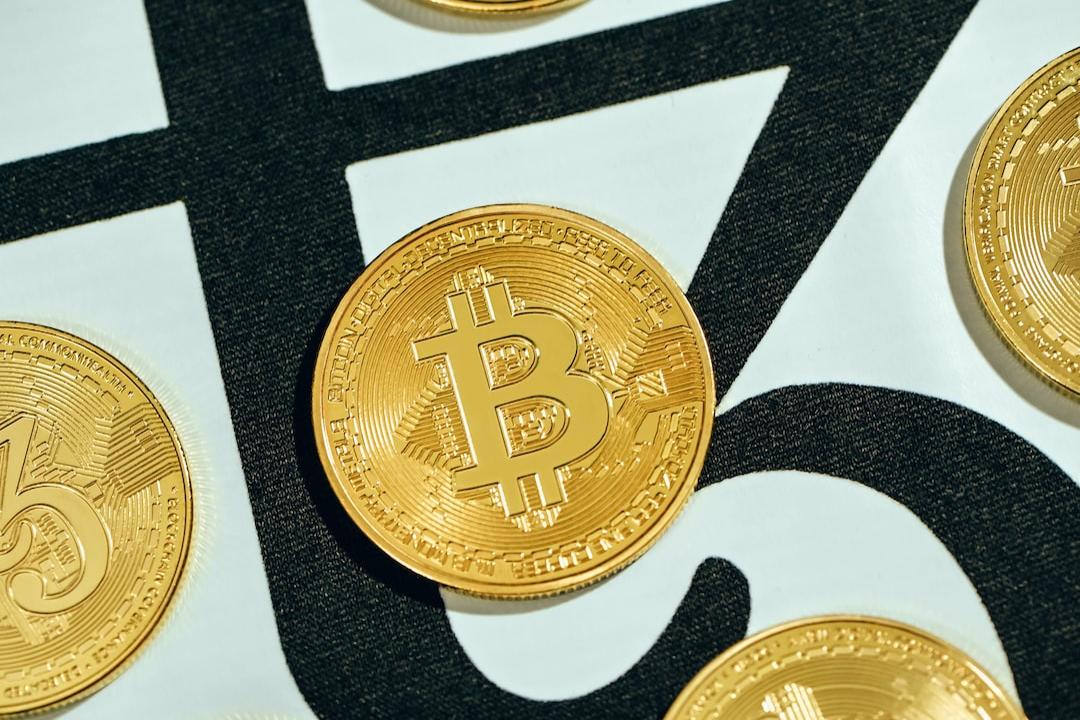Dubai’s real estate market is experiencing a significant transformation, thanks to the integration of blockchain technology. This technology, which was initially associated with cryptocurrencies, is now revolutionizing the way properties are bought, sold, and managed. It is enhancing transparency, streamlining transactions, boosting investor confidence, and promoting sustainable development. In this article, we will explore how blockchain is reshaping Dubai’s real estate scene by examining smart contracts, tokenization, decentralized identity solutions, and its role in promoting sustainable practices.
Blockchain technology is bringing transparency and trust to Dubai’s bustling real estate market. Traditionally, property deals involved a lot of paperwork and intermediaries, leading to delays and inaccuracies. However, with blockchain, every transaction is recorded on a public ledger that cannot be altered. This ensures that all parties have access to the same information, eliminating the need for third-party verification and reducing the risk of fraud. Buyers and sellers can now engage with confidence, knowing that the details of their transactions are secure and transparent.
In addition to transparency, blockchain technology is also speeding up property transactions in Dubai. PropiChain, a company leveraging blockchain, is automating property transactions by using smart contracts. These digital agreements execute automatically when certain conditions are met, cutting down the time needed to complete a deal. As a result, properties can change hands much quicker, benefiting both buyers and sellers.
Furthermore, blockchain technology is boosting investor confidence in Dubai’s real estate market. By providing a clear and immutable record of property ownership and transaction history, blockchain reduces uncertainties in real estate investments. Investors can easily verify the authenticity of a property’s history, ensuring they make informed decisions. This transparency attracts more investors, contributing to the growth and dynamism of Dubai’s real estate sector.
Smart contracts are also revolutionizing property management in Dubai. These digital contracts automatically enforce the terms set by landlords and tenants, reducing the need for middlemen such as lawyers or agents. Smart contracts simplify lease agreements, automate payments, and ensure compliance with regulations. This streamlines property management, enhances efficiency, and reduces the risk of fraud and human error.
Tokenization is another significant development in Dubai’s real estate market. It allows fractional ownership, enabling more people to invest in real estate without the need for large upfront payments. Tokenization converts properties into digital tokens, representing fractions of the property’s value. These tokens can be traded, providing liquidity to an otherwise illiquid market. Moreover, tokenization opens doors for global investors to participate in real estate markets worldwide, contributing to the growth of Dubai’s real estate sector.
Decentralized identity solutions powered by blockchain technology are improving tenant and investor verification processes. This technology eliminates the need for extensive paperwork by verifying identities through a secure blockchain network. It enhances privacy, security, and efficiency by securely storing personal information and sharing only necessary details. Additionally, blockchain streamlines Know Your Customer (KYC) and Anti-Money Laundering (AML) processes, ensuring compliance with regulations and reducing the risks associated with fraud and money laundering.
Blockchain technology is also playing a crucial role in promoting sustainable development in Dubai’s real estate sector. It helps track carbon emissions by recording every bit of carbon dioxide saved from entering the atmosphere through a reliable and immutable system. Blockchain also promotes green building practices by integrating with Internet of Things (IoT) devices, allowing buildings to monitor and manage energy usage efficiently. This not only reduces energy consumption but also rewards sustainable behavior. Additionally, blockchain facilitates the development of smart cities by managing urban infrastructure, enhancing public services, and ensuring secure and transparent data storage.
Blockchain technology simplifies cross-border real estate transactions by reducing costs, accelerating settlement times, and enhancing regulatory compliance. By eliminating middlemen, blockchain cuts down transaction costs and ensures transparency throughout the process. Transactions can be completed in days instead of months, thanks to automation and transparency. Furthermore, blockchain’s clear and unchangeable record of every transaction ensures compliance with regulations, reducing the risks associated with fraud and money laundering.
However, integrating blockchain technology into the real estate sector comes with its challenges. Companies often face technological barriers when merging traditional real estate processes with blockchain’s digital ledger system. Seamless integration requires significant investment in new technology and training. Navigating the regulatory landscape is another challenge, as each region has its own set of rules and regulations. However, as blockchain gains more traction, regulatory clarity is expected to improve, providing businesses with the guidance they need. Fostering collaboration among various stakeholders in the real estate industry is also crucial for unlocking the full potential of blockchain technology.
In conclusion, blockchain technology is transforming Dubai’s real estate market by enhancing transparency, streamlining transactions, boosting investor confidence, and promoting sustainable development. It simplifies property management, facilitates cross-border transactions, and improves verification processes. Although challenges exist, embracing these challenges and opportunities will be key to unlocking the full potential of blockchain in the real estate industry. As Dubai continues to embrace these innovations, it sets a new standard for real estate transactions worldwide.


